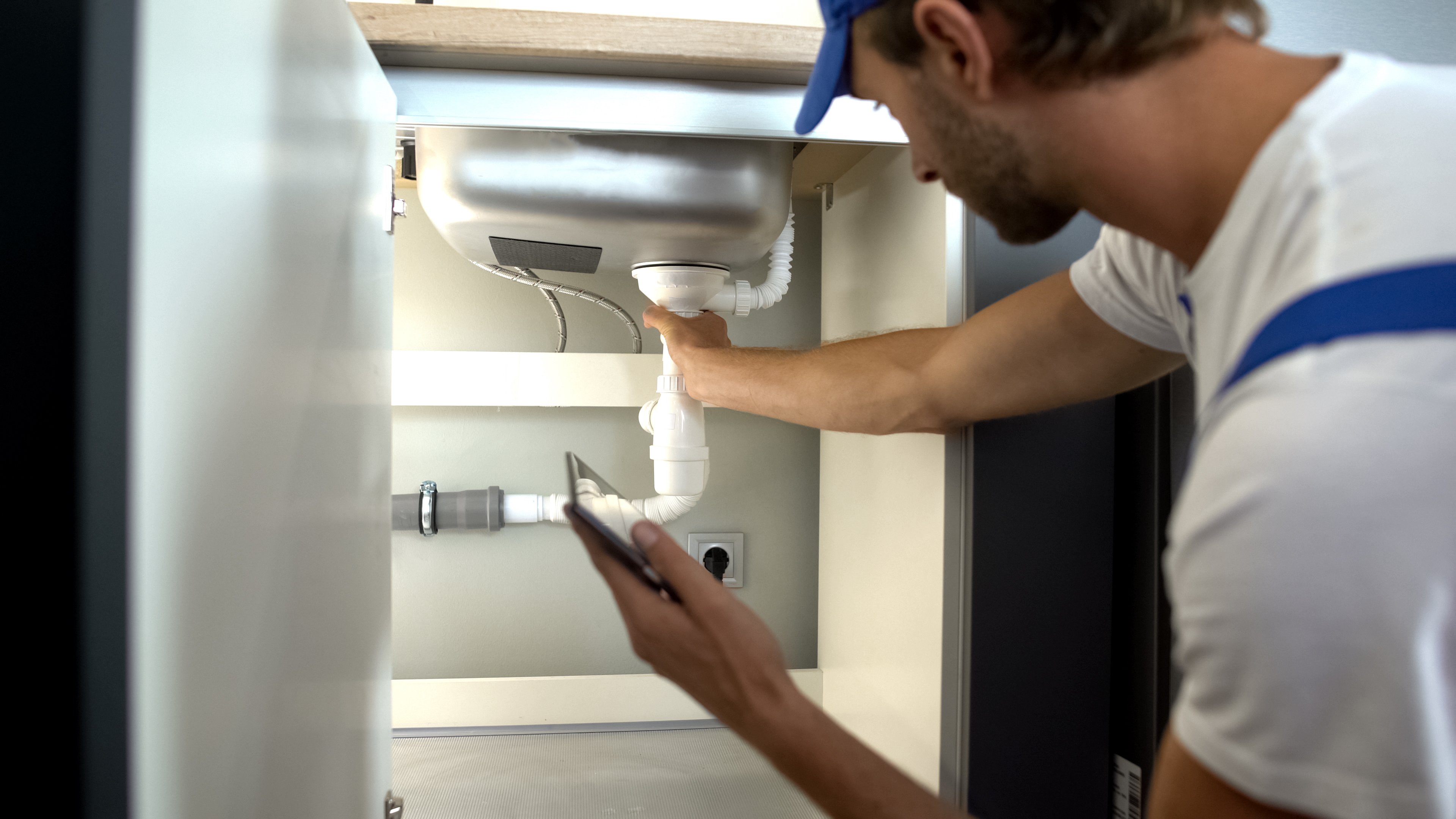Have you ever noticed water leaking from your faucet, showerhead, or another appliance, and thought to yourself, ‘it’s no big deal, it’s just a small leak?' What may seem like a small leak can actually turn into a very costly and wasteful problem, as many water leaks can often go undetected.
According to the U.S. Environmental Protection Agency, water leaks in the average household can account for more than 10,000 gallons of water wasted each year, or the amount of water used to wash 270 loads of laundry. In other words, water leaks contribute to a lot of water waste – but a few simple checkpoints can help you save both water and money.
5 Ways to Detect Water Leaks
- Start with your water meter. Check the reading on your water meter before and after a two-hour period and refrain from using water during this time. If the meter doesn’t read exactly the same after the period is up, you most likely have a water leak. Further investigation will be required to identify exactly where the leak is in your home.
- Check your toilet. Toilets are one of the most common sources of water leaks but are often undetected because the leaks are often slow and silent. One way to find out if you have a toilet leak is to place a drop of food coloring in the tank of the toilet. If the color shows up within the bowl within 10 minutes without flushing, you have a leak. After this 10-minute test period, make sure you flush the toilet immediately to avoid staining your tank.
- Check your faucets and showerheads. Faucet and showerhead leaks are usually simple to detect and repair. Most of the time – leaks from your faucet or showerhead are visible and are often caused by an old valve or clogged pipe. If you’re not familiar with the system, it’s always a good idea to call a plumber for further inspection.
- Watch for discoloration. If you notice discoloration on your walls or ceiling, this could be an indication of a water leak on the inside of the drywall. Water stains on the ceiling or walls will typically give off a yellowish or brownish color. It’s important to stay alert for discoloration throughout the walls in your home as this type of water issue has the potential to cause serious damage.
- Check outdoor water sources. If you think you have a water leak but can’t seem to find the source inside your home, there may be an outside issue. If it’s an underground leak, you may even notice a patch of grass in your lawn that’s greener or grows more quickly than the rest of your grass. In extreme circumstances, you may also notice pooling of water in your lawn. In this case, you should call an expert to take a closer look.
4 Common Causes for Water Leaks
- Broken Seals. When appliances are installed, they often require some sort of seal around the water connector. Over time, these seals can break or wear out, which can cause water leaks in your home.
- Clogged Drains or Lines. When you have a line or drain that is clogged, the pressure caused by the obstructions can cause the line to overflow or sometimes even burst pipes. It’s important to keep drains in and out of your home clean to prevent this from happening.
- Damaged Pipe Joints. The connection point on a pipe is often the weakest, which makes it susceptible to drips and leaks over time. It’s recommended to have your pipe system inspected once a year by a plumber.
- Excess Water Pressure. The constant use of high water pressure can cause strain within your pipe system. Excessive water pressure increases the possibility of leaks in your home.
Water leaks can be a serious and costly issue if not monitored and taken care of properly. Make it a habit to monitor these checkpoints and watch for common causes.
Source: “Fix A Leak Week.” EPA.Gov, https://www.epa.gov/watersense/fix-leak-week. Accessed 23 Feb. 2024.
This information is provided solely as an insurance risk management tool. It is provided with the understanding that the member insurance companies of the Utica National Insurance Group are not providing legal advice, or any other professional services or advice. Utica shall have no liability to any person or entity with respect to any loss or damages alleged to have been caused, directly or indirectly, by the use of this information. You are encouraged to consult an attorney or other professional for advice on these issues.
Utica Mutual Insurance Company, its affiliates and subsidiaries, 180 Genesee St., New Hartford, NY 13413 | © 2023 Copyright Utica Mutual Insurance Company
